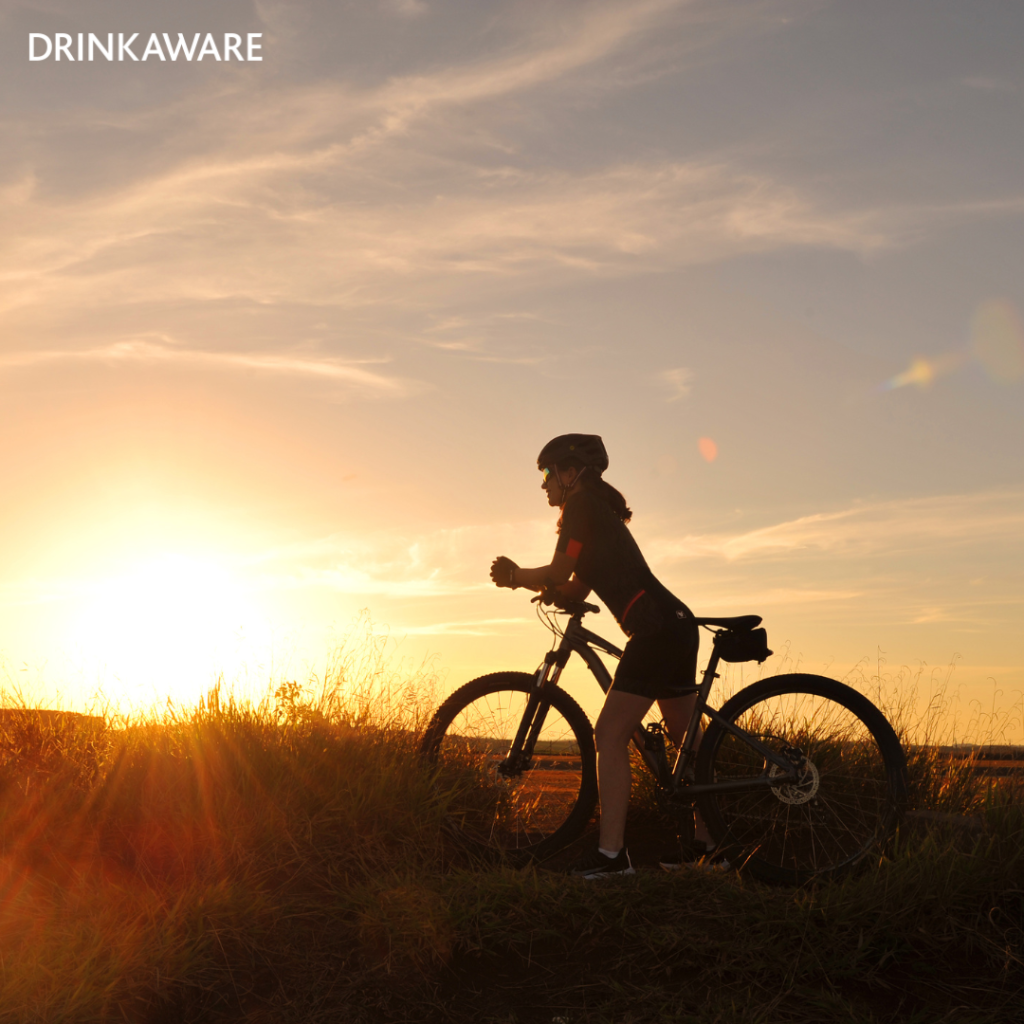
Understanding the Impact of Excessive Drinking
As World Health Day approaches, it’s time to shine a light on a topic that affects many but is often overlooked: the health effects of excessive drinking. With the slogan ‘My Health, My Right’, this year’s World Health Day, happening on April 7th, emphasises everyone’s right to quality health services and information. It’s a fitting time to discuss not just health in general, but how our choices, especially around alcohol consumption, impact our wellbeing.
Drinkaware is sharing insights from our latest Barometer research. Alarmingly, while many of us are aware of the dangers of excessive drinking, such as liver disease—with an 86% awareness level—other risks remain lesser known. Issues like impaired judgment, depression, dehydration, and concentration difficulties are recognised by over 65% of adults, yet often, we don’t connect these conditions directly to our drinking habits. This limited awareness highlights the need for more education and conversation around the topic.
April isn’t just significant for World Health Day; it’s also Bowel Cancer Awareness Month. With bowel cancer being one of the most common cancers in Ireland, and alcohol consumption identified as a modifiable risk factor, the link between drinking and serious health conditions can’t be ignored.
Get The Facts
First, it’s essential to know what a standard drink is and what binge drinking means. This helps us understand our own drinking habits better. Did you know that only 1 in 10 Irish adults can correctly identify the three most common drink measures?
A standard drink is a set amount of alcohol that contains 10 grams of pure alcohol. This measurement helps us understand how much alcohol is in a drink. For example, a half pint of 4.5% lager, a 100ml glass of 12.5% wine, or a pub measure of 40% spirits are all examples of one standard drink. The number of standard drinks depends on the size of the drink and how strong it is.
Binge drinking is having 6 or more standard drinks in one session. This may look like 3 pints of beer, stout or cider (as 1 pint is 2 standard drinks) or 6 100mls glasses of wine or pub measures or spirits. Binge drinking can put a huge strain on your liver and heart. Consuming large amounts of alcohol also increases your risk of ending up in dangerous situations.
Get the facts about alcohol and your own alcohol consumption habits by taking our Low-Risk Weekly Guideline Quiz so you can start making positive changes.
Make Small Positive Changes
Making change can be hard, that is why we encourage embracing small, positive changes. Drinkaware has some simple tips including:
- If drinking at home, it can be as simple as choosing a smaller glass or using a measure.
- If drinking while you’re out at a pub or another venue, think about alternating each round with a glass of water.
- Think about choosing low or no-alcohol options at the bar.
- Set yourself a spending limit so that you can anticipate reducing your alcohol intake in advance.
- Set yourself a challenge of an alcohol-free month and note down the benefits.
Drinkaware’s mission this month is clear: to arm the public with facts and encourage healthier choices around alcohol. By becoming more conscious of how alcohol affects our health—both physically and mentally—we can make informed decisions that benefit our long-term well-being. Let’s use this time to reflect on our health, for a happier, healthier future.

